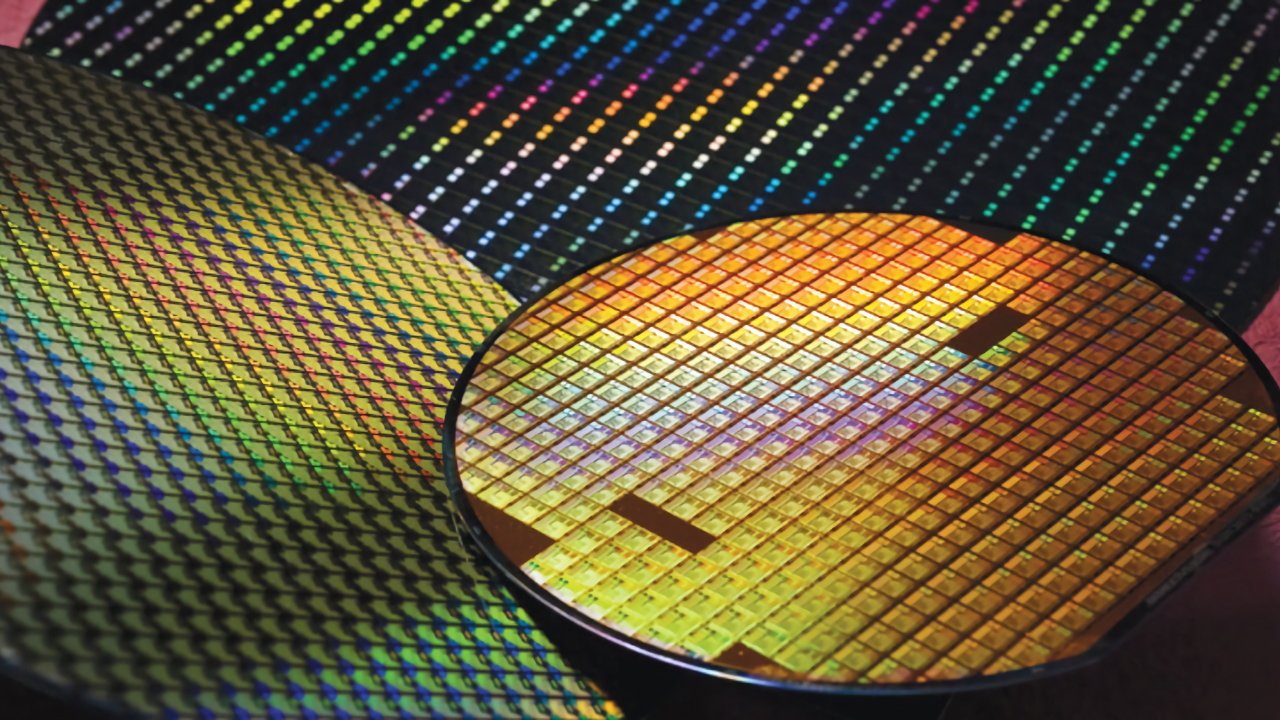Processors are made in wafers. (Source: TSMC)

Analyst Ming-Chi Kuo claims that reports Apple has an exclusive arrangement where TSMC absorbs the cost of failed processors is not true.
The recent report of a so-called "sweetheart deal" between Apple and TSMC claimed that it was an exclusive arrangement concerning the pricing of processors. Where all other companies pay for a complete wafer, including some failed processors, Apple does not.
Instead, it was claimed that TSMC absorbed the cost of any such yield failures, and Apple only paid for functioning ones. Apple was said to benefit from this to the tune of many billion dollars per year, and TSMC benefited in turn from Apple being willing to back its development of new processors.
Now analyst Ming-Chi Kuo says that the idea this is an exclusive arrangement is not true.
Apple3nm
(finished goods buy) (wafer buy)
— (Ming-Chi Kuo) (@mingchikuo) August 9, 2023
"There are two ways that customers buy chips from TSMC: finished goods buy and wafer buy," he writes in the full X post. "The vast majority of deals are wafer-buy because TSMC's yields are good enough to ignore the cost of defective chips."
"But Apple is a special case," he continues. "Apple has always asked TSMC to provide the world's latest advanced node production services."
"Because the latest advanced node has many defective chips in the early stage of production, Apple has always purchased finished goods," says Kuo. "And TSMC allocates most of the cost of defective chips to the selling price of each finished chip."
"The best evidence is that the cost of the new processor used in new iPhones increases significantly every year," concludes Kuo, "and this year's A17 is no exception."
Alongside any increase in the cost to Apple of the A17 processor, the forthcoming iPhone 15 range is expected to include a price rise for at least the iPhone 15 Pro Max.